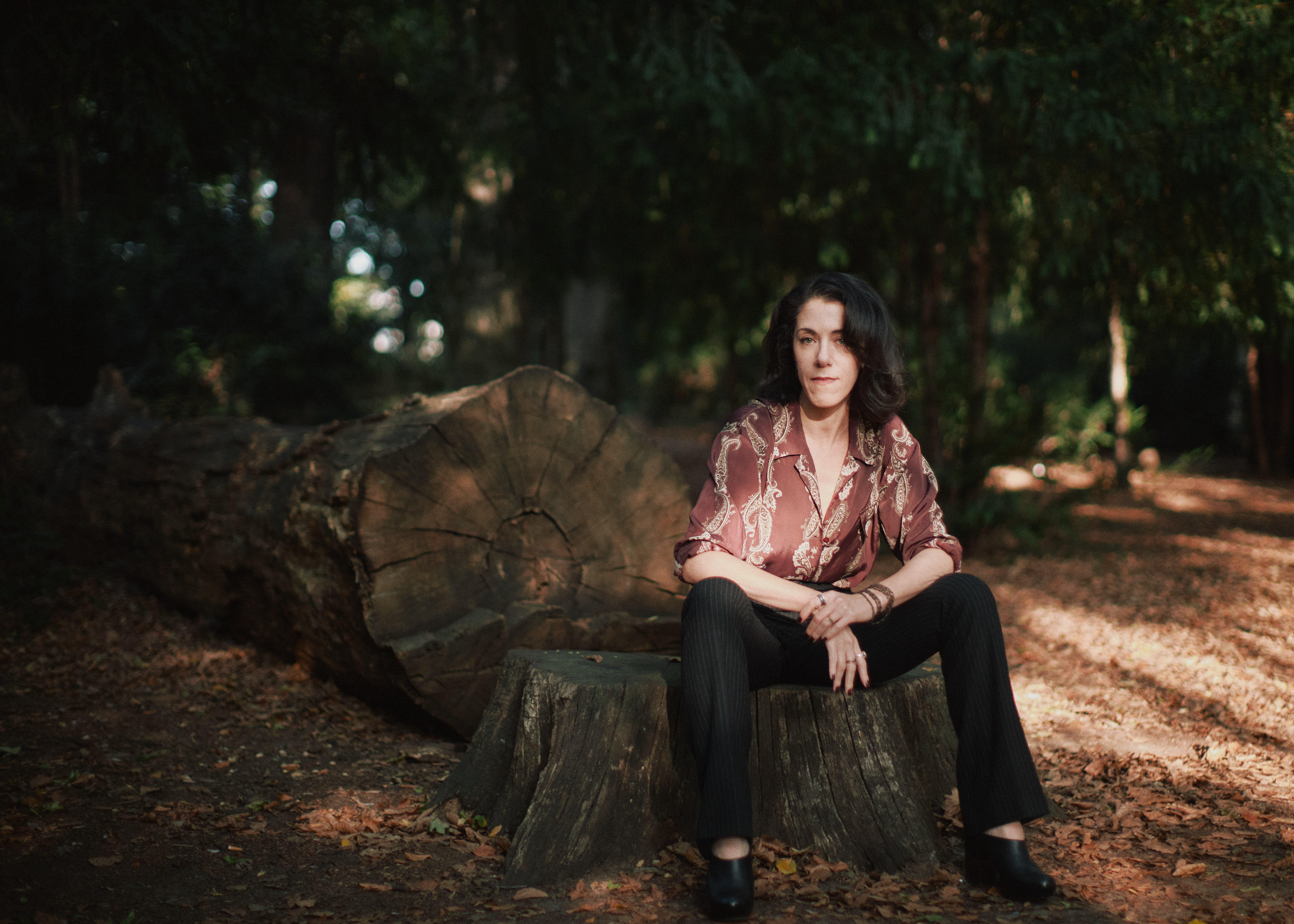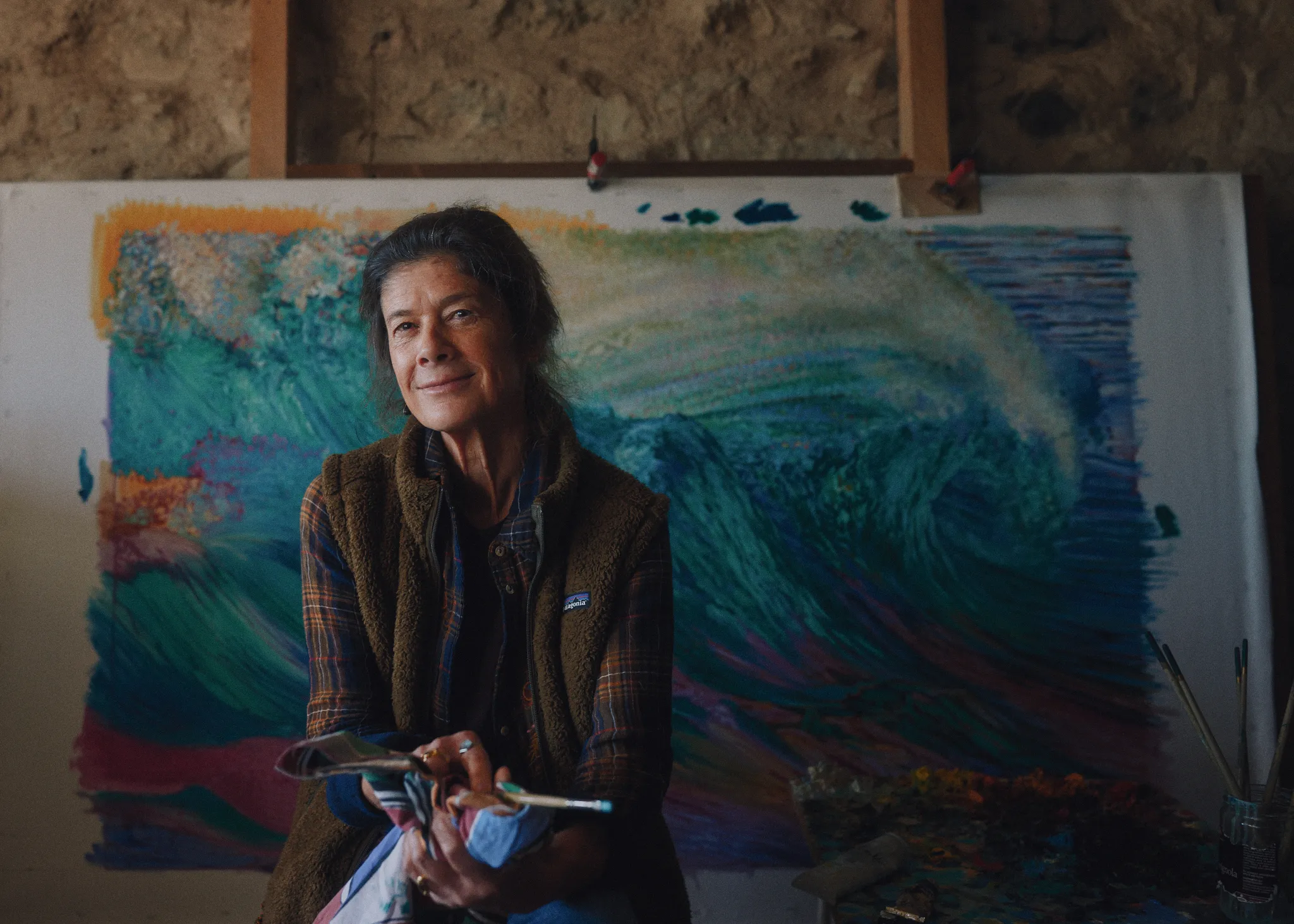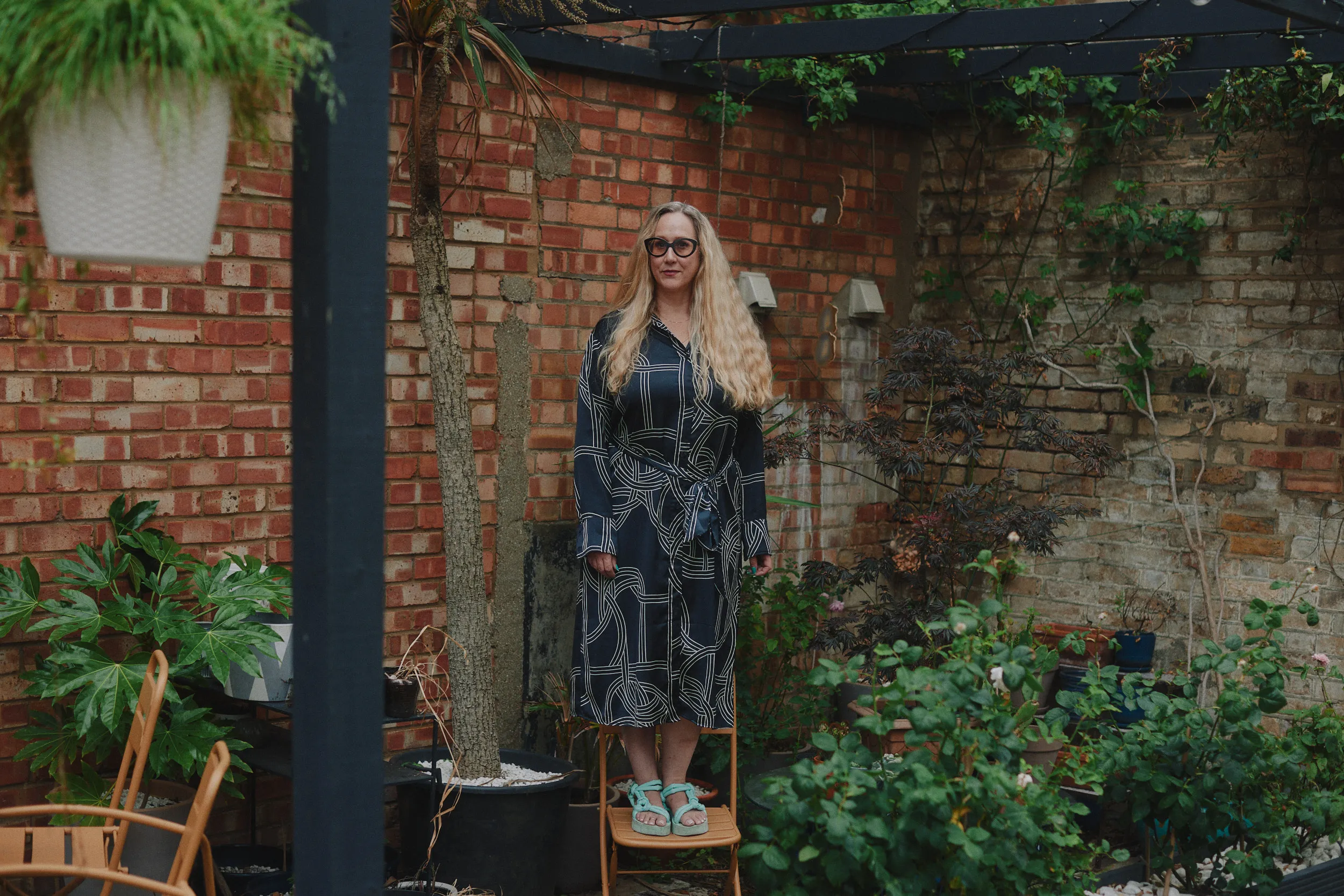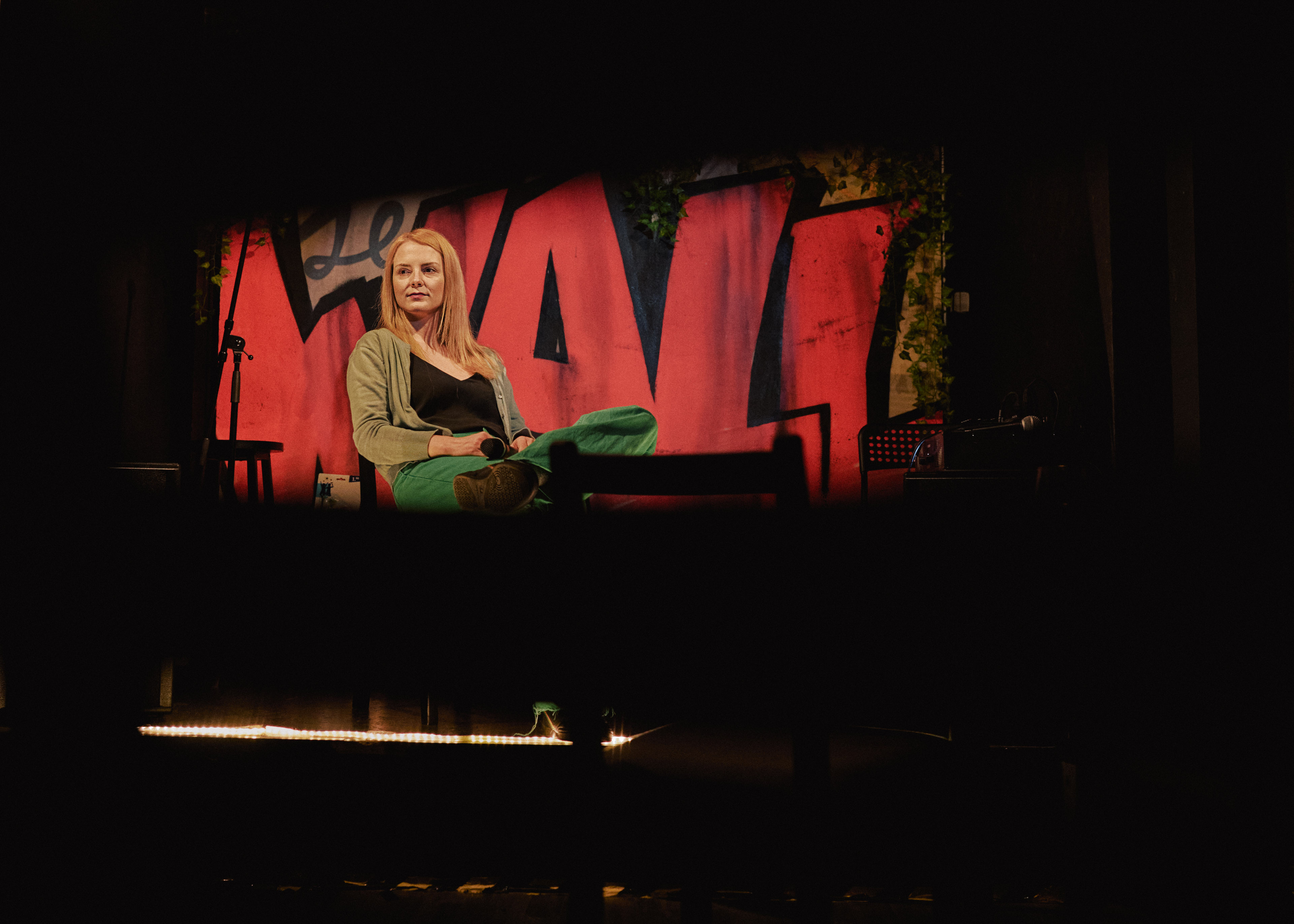Maria, Berlin
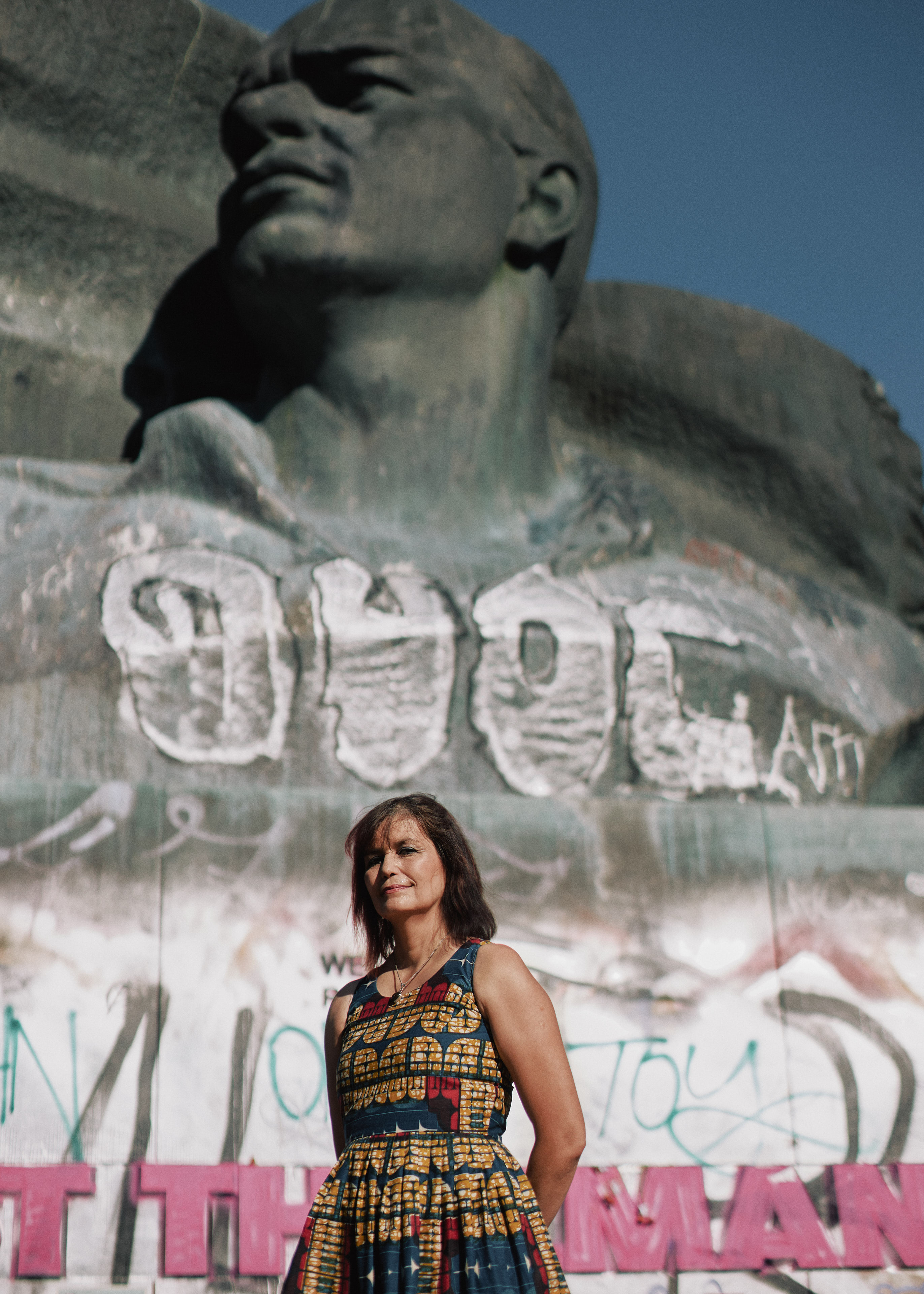
“When I grew up, because of all the trauma, I really didn't want to bring children into this world.”
I’m half-Swedish, half-Japanese. I was born and bred in Sweden, in a very small town, where people were very intolerant. They didn’t like that I was different. So it was a lonely, messed-up childhood, to be honest.
My father and mother never got on. There was a lot of arguing and things, until they got divorced and I moved to Stockholm with my mum. She got together with a horrible man who abused me. It was misery.
That’s something I don’t think I ever can forgive her for. I felt like, if you’re going to have a child and not give a damn, and just think of yourself, I’d rather not have a child. That experience also made me not so interested in relationships. And I just wanted to get away from Sweden.
When I was about 12 or 13, I was babysitting, and this kid was doing my head in. When he didn’t get what he wanted, a piece of chocolate or something, he would scream at the top of his lungs until your ears were bursting. From my childish point of view, it was like, “I don’t like kids – they’re so annoying”.
Then we were at a fairground, where this clairvoyant promised to read your palm and predict your future. And she looked at my hand and said, “You’re gonna have a very long life. But you’re not going to have any children.” So I started saying it even then. And then, when I grew up, because of all the trauma and everything, I really didn’t want to bring children into this world.
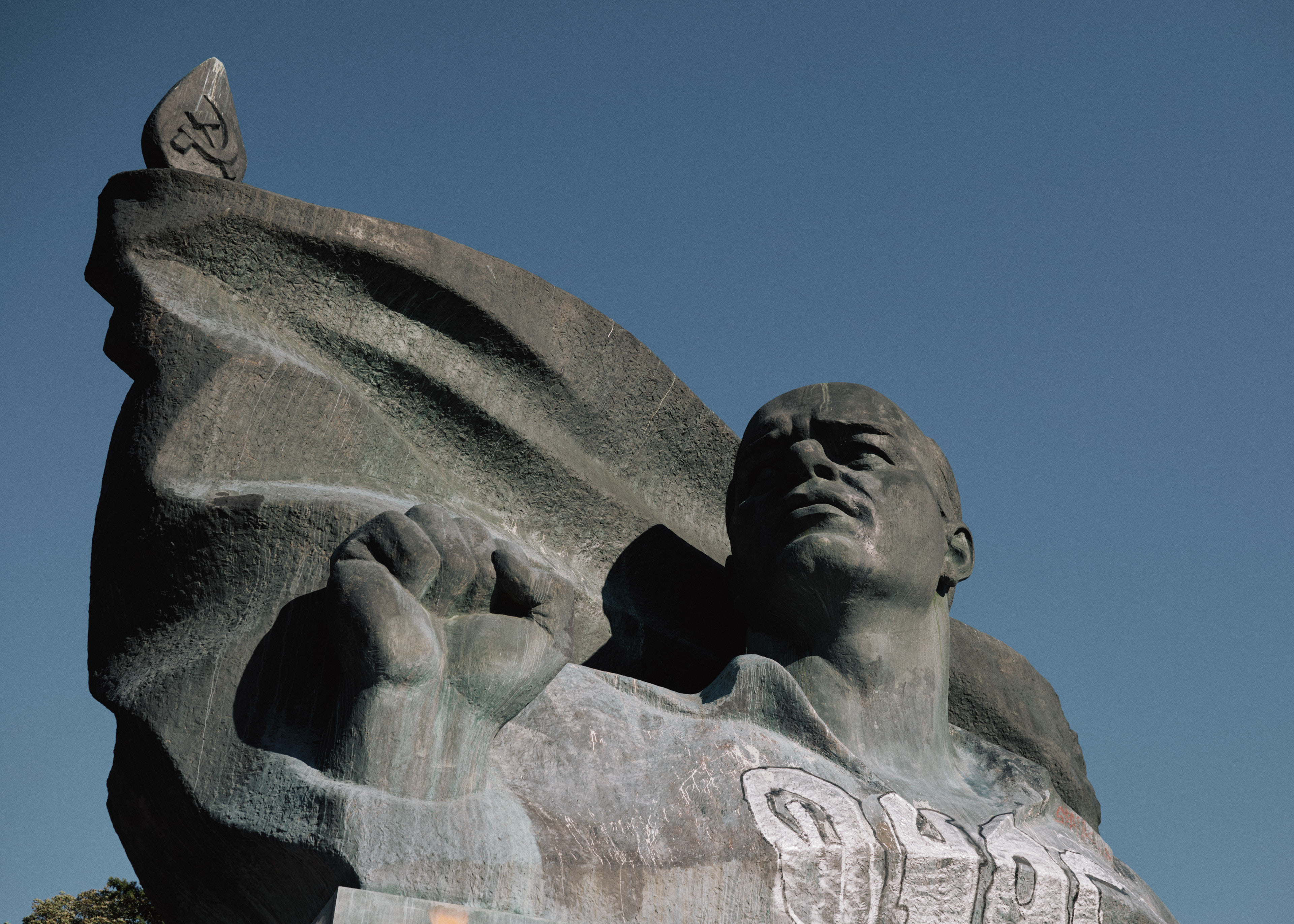
Putting a face to the community best childfree livesPutting a face.
“I’m not going to have a child so I have someone to look after me when I’m old. I'm going to try and keep healthy so that I don't need anyone.”
When I became a teenager, I was discovered by a modelling agency, because I’m very tall. I moved to Milan, and then did jobs in Paris and Hamburg. I didn’t like the modelling world, but when I went to London, I fell in love with the place. I went to drama school, worked as an extra in loads of films, then studied history and started to take tourists around to make a bit of money. But the pace of London just started to grind me down. It was just stress, stress, stress – and debts. So I came to Berlin, just to party really. But it was so good, I’m still here. I’ve been a tour guide here for the last 13 years, and I must say I love it. I do.
When I moved to Berlin, I wrote to my Japanese relatives to tell them my new address. And all I got back was one of these free postcards you get in the cinema, with Toy Story 3 on it – I mean, how old am I? And on the back it just said, “Go back to Sweden and look after your mum. Otherwise, there’s no point in you”. I haven’t been in touch with them since.
In Japan, they’ve got these very strict rules – like, you should get married, and have at least three children who are going to look after you. The main reason my mum had me is that she wanted someone to look after her when she was old. Now I cannot move back and she’s trying to do everything she can to put the guilt on me.
I’m not going to have a child so I have someone to look after me when I’m old. I’m going to try and keep healthy so that I don’t need anyone.
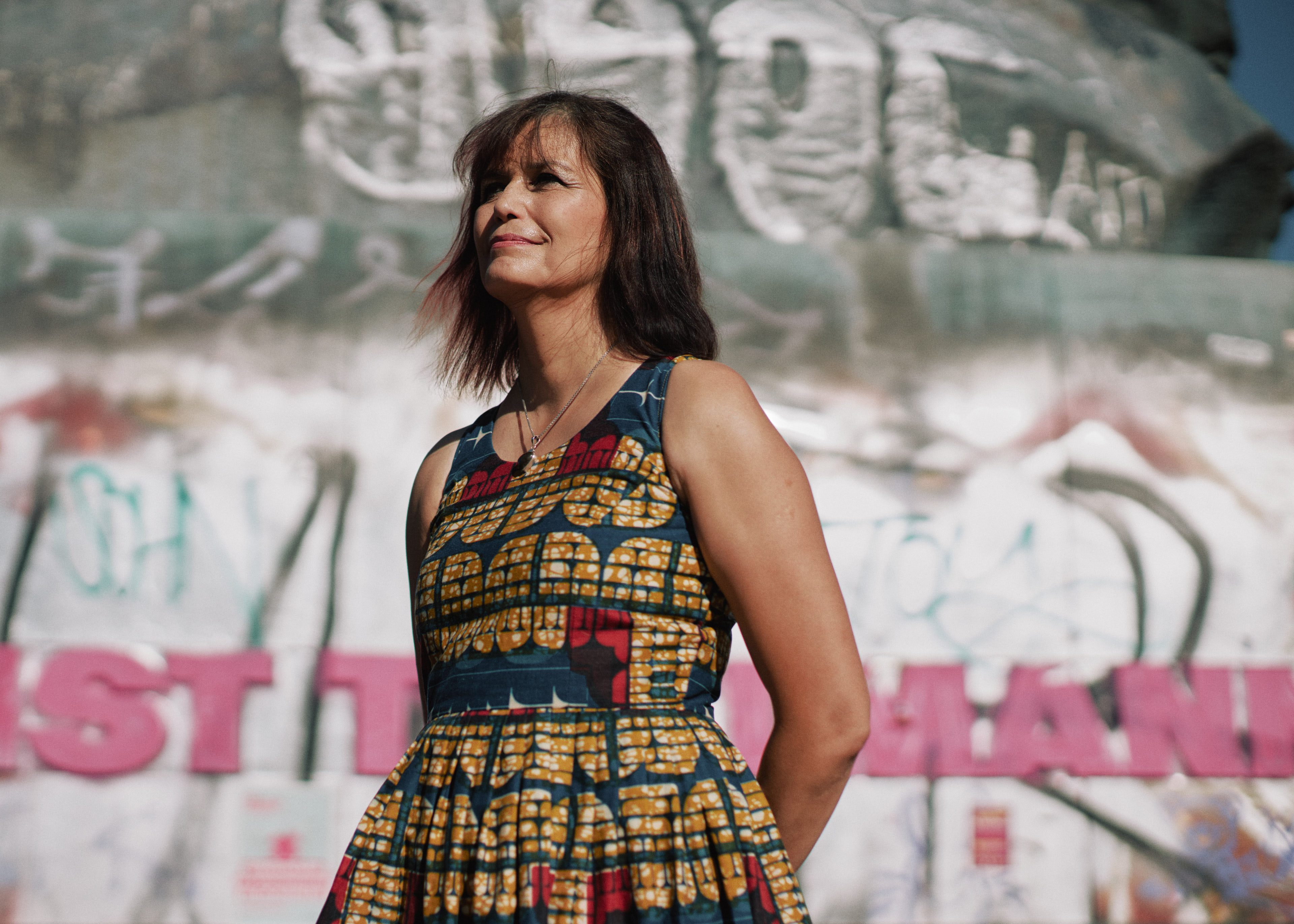
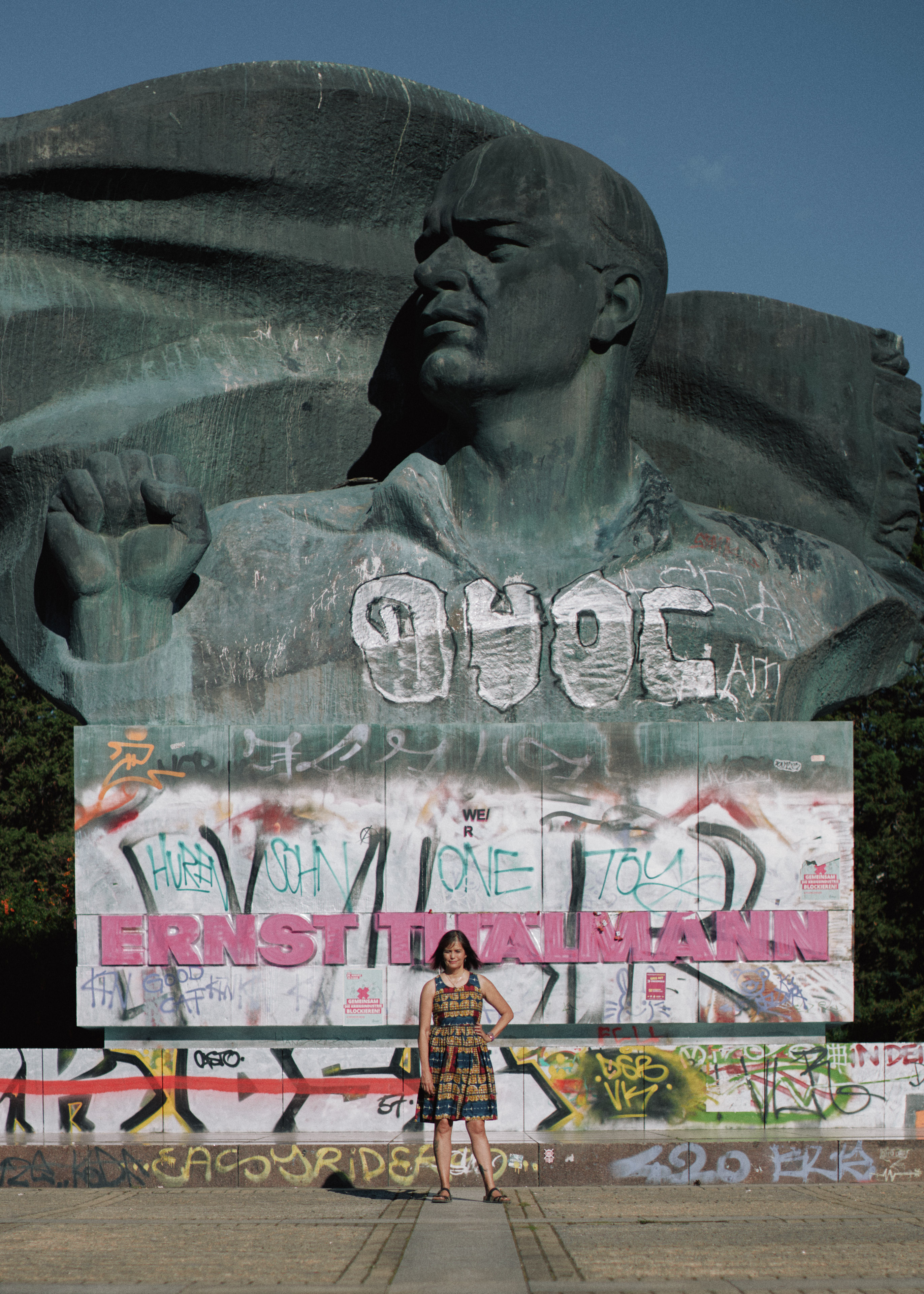
“I always wanted to be a bit outside of the norm.”
In Sweden, it’s not so much that a woman should cook and have loads of children, but it can also be very conformist – they like people to be “normal”. That means that a woman can have a nice career, but she should also have a husband and 2.5 children, and two cars and a house in the countryside. And if you don’t, they feel sorry for you – such a failure. So there aren’t the same traditional values, but it’s like society thinks you should be a certain way and have a certain life. And if not, they think you’re a bit weird.
I always wanted to be a bit outside of the norm. So whenever people would ask me, I’d say, “No, I don’t want it. I don’t want to bring children into the world. Other people’s kids are fine, but I don’t want any of my own”. I wanted to stick the boot in: “No, I don’t want children. And that’s it.”
I travel a lot, often with my gay best friend. And whenever we go to countries where homosexuality is illegal, we pretend to be a couple just to shut people up. I always meet really nice people, but the first thing they ask you is, “How many children do you have?” They don’t ask, “Do you have children?” – it’s like, “how many?” When you go to India, they’ll always ask what god you pray to, and how many children you have. And it’s like, “I don’t pray to any god and I don’t have any children.”
Photos by Zoë Noble
Words edited by James Glazebrook
SHARE:
